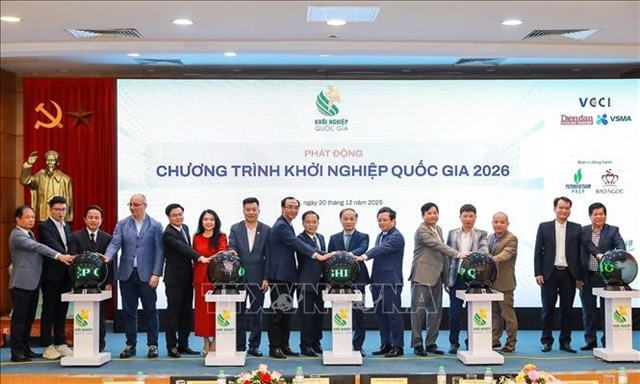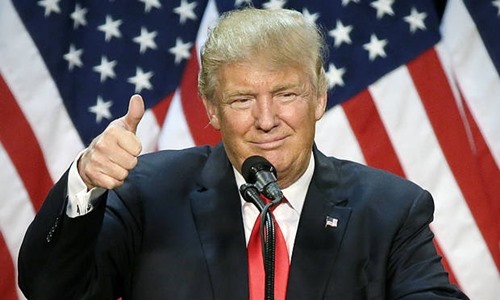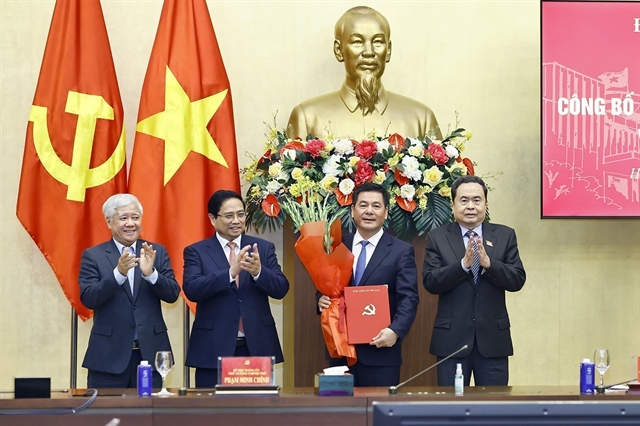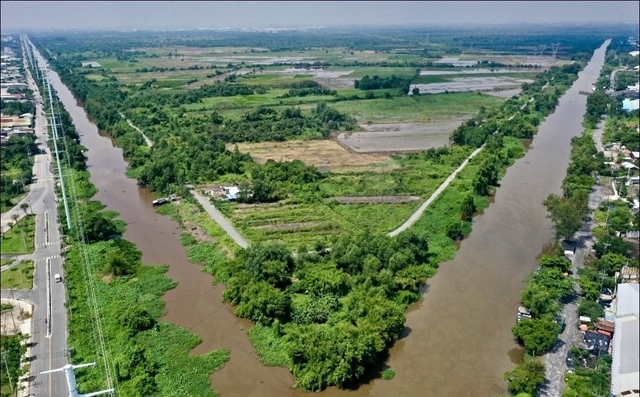 Op-Ed
Op-Ed

The global stock market woke up to Wednesday shaded in a volatile red colour, with the exception of Russia, while the Mexican peso slumped to a record low against the US dollars. Elsewhere in Canada, the immigration website crashed, appeared from being overloaded with a steep spike in access as the result of the US election set to emerge. That was not pretty good omen for the 45th President of the United States Donald Trump.
 |
by Chi Lan
The global stock market, with the exception of Russia, woke up on Wednesday shaded a volatile red.
The Mexican peso slumped to a record low against the US dollar.
In Canada, the immigration website crashed, overloaded with a steep spike in people looking for exit options as a Trump presidency loomed large.
These are not good omens for the 45th President of the United States.
After a long, ugly, messy election campaign that had both Americans and the rest of the world on edge, the shocking, jaw-dropping defeat of Hillary Clinton put the suspense to rest.
Americans have made their final choice, and the world now has to figure out how to work with a new US Commander in Chief with no prior experience in foreign affairs, one who has adopted a controversial position on most global issues like international trade, immigration and counter-terrorism.
During his presidential campaign, Việt Nam, among other Asian nations like Japan, India and China, had the honour of being named as countries who’d “ripped off” America.
Trump’s nationalistic approach to global trade apparently won over voters seeking protectionist policies that will help stop outsourcing and keep jobs and business in America.
However, apart from repeating the campaign slogan of making America great again, Trump has revealed nothing about how he plans to deliver on this promise. If he puts protectionist trade measures in place, particularly heavier tariffs, Việt Nam’s trade outlook will suffer. The US is a key export market for its agricultural produce, seafood, apparel and footwear.
Then there is Trump’s firm rejection of the Trans-Pacific Partnership (TPP) agreement, the historic deal signed early this year. The more optimistic among Vietnamese officials believed that the National Assembly could pass the bill this year itself. The American Chamber of Commerce in Việt Nam assured Hà Nội that the US would finally approve the agreement despite all the opposing voices in Congress.
This US election result has changed everything.
The last meeting session of the National Assembly this year is almost over, and it looks certain that TPP will not be on the agenda. The prospect of America not passing the bill has forced several TPP nations, including Việt Nam, to take a cautious approach. None of the 12 nations has ratified the TPP so far.
The latest resolution of the Central Committee of the Communist Party on global economic integration, released just three days before the big day in the US, reaffirmed that Việt Nam would ratify the deal at an “appropriate time”.
Security on the fragile East Asia depends on the balance of power between a rising China and the US, whose influence is waning in the region. Despite the Asia pivot announced by the Obama presidency with Secretary of State Hillary Clinton as the policy’s salient architect, many believed that the US presence in the East Asia was far from sufficient to address potential conflicts, particularly the East Sea (South China Sea) dispute.
President Trump is likely to strengthen that feeling. Though he failed to present a clear foreign policy during the election campaign, he stated that the US’s close allies in Asia, like Japan and South Korea, should develop nuclear weapon to protect their own. The question now is whether the Trump presidency will actually abandon its allies, and to what extent.
Australian Foreign Minister Julie Bishop lost no time in urging the new US President to “ensure it focuses on our region and the importance of US leadership and a US presence in the Asia-Pacific.”
The uncertainty and unpredictability in Trump’s foreign policy has certainly sparked some anxiety across the board.
An American pullback from Asia cannot be ruled out, although the continent is fundamental to America’s development; and this can lead to a short-term power vacuum in the East Asia region, which China will gladly fill with no one to object except Japan and India.
The recent China pivot by Philippines President Duterte, apparently followed by Malaysia, might be signs that a new regional order is in the making.
Viet Nam this year has already had two high-official visits to Beijing, including one by new Prime Minister Nguyễn Xuân Phúc. China’s Permanent Politburo Member and Chairman of the Standing Committee of the National People’s Congress Zhang Dejiang, is the highest ranking official to visit Việt Nam this year, and he was in Hà Nội right on the US election day. These bilateral visits acquire added significance now.
Yet a future dearth of US presence in the region might offer an opportunity for Southeast Asian nations to get closer together to provide a counter balance to China, instead of looking to the US to fulfill that role. Some ASEAN differences have come to the fore in dealing with Beijing on the East Sea issue, but these should be addressed and fixed as soon as possible before a new regional order is set.
While there is some sort of global panic over the unexpected Trump presidency, the situation might not be all that dour. Trump is yet an unknown quantity, and can be given the benefit of doubt until such time he chooses to prove others right or wrong. – VNS




